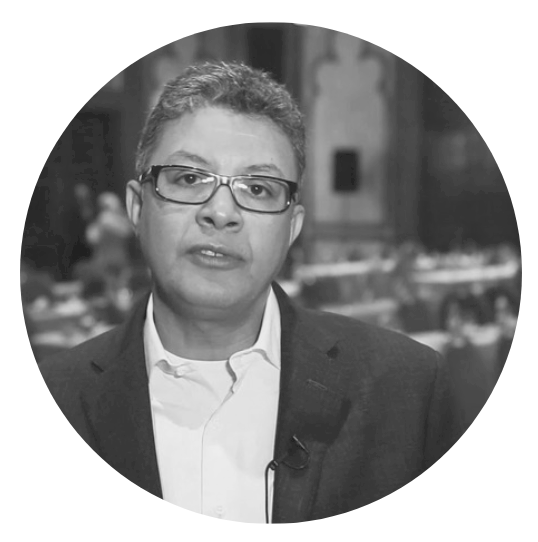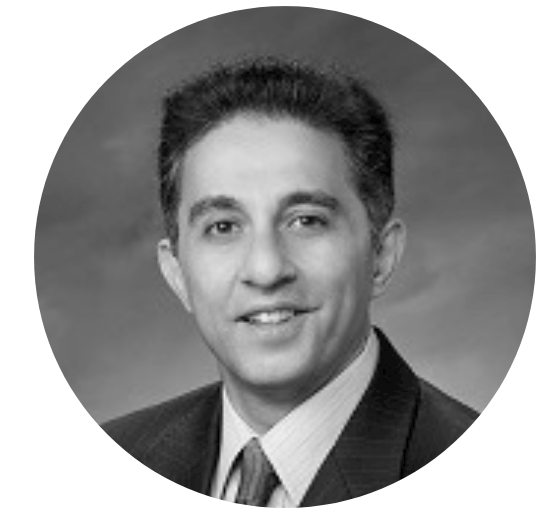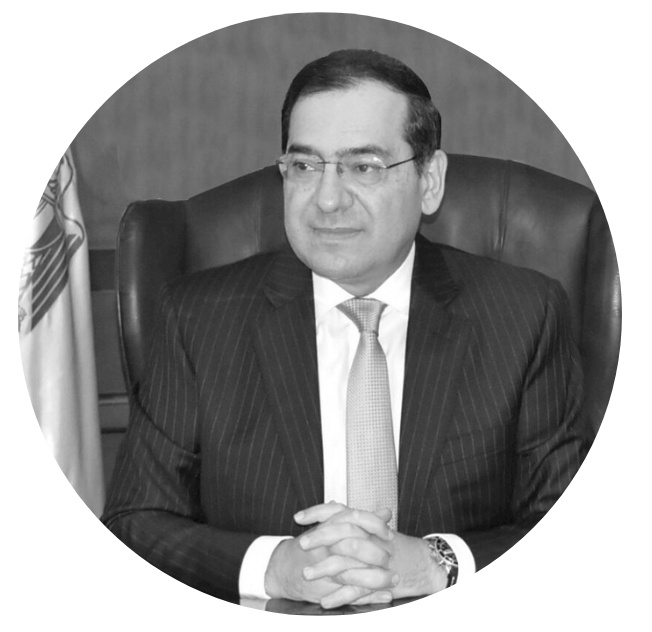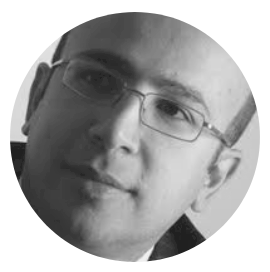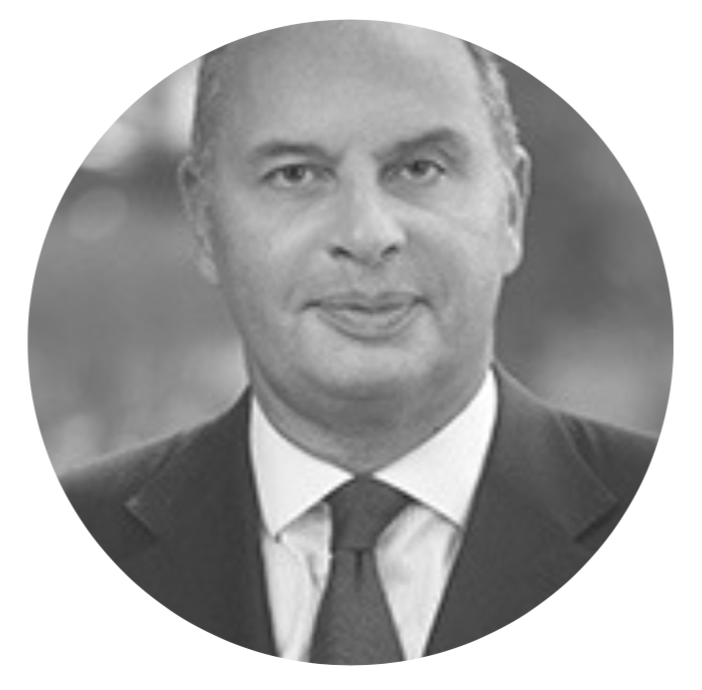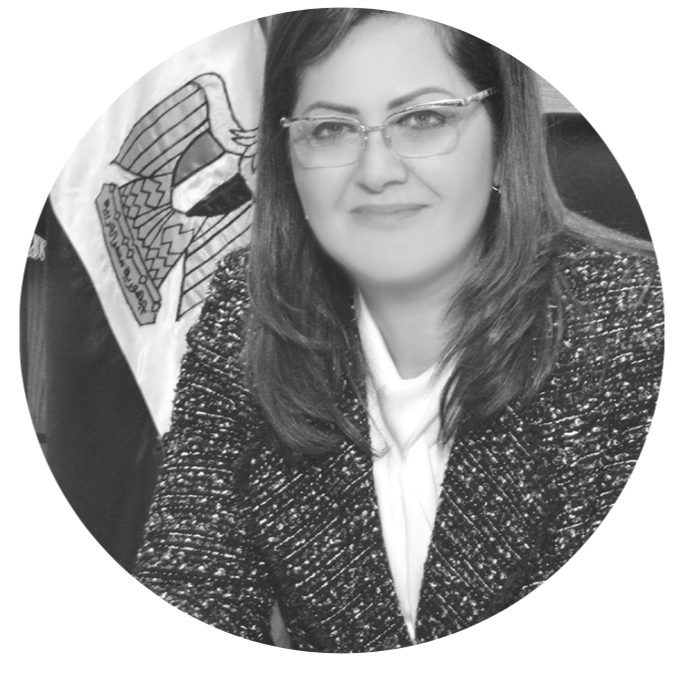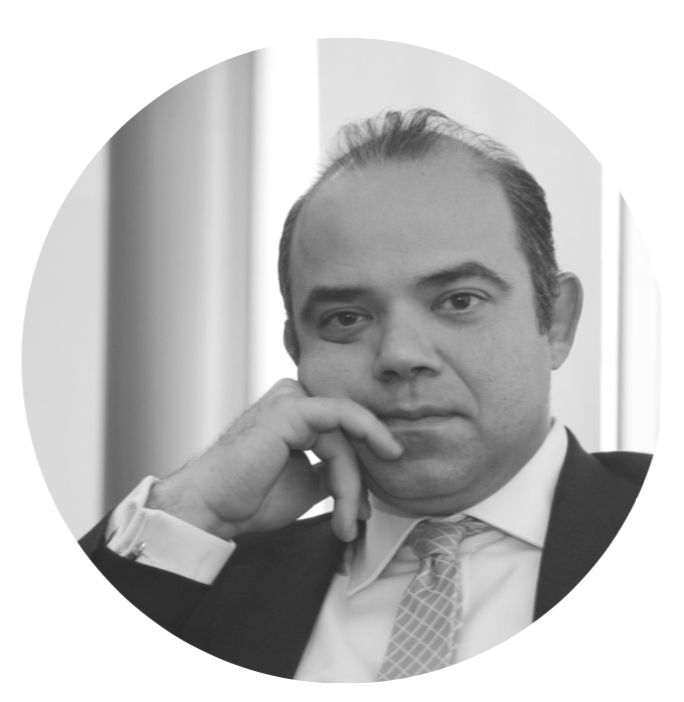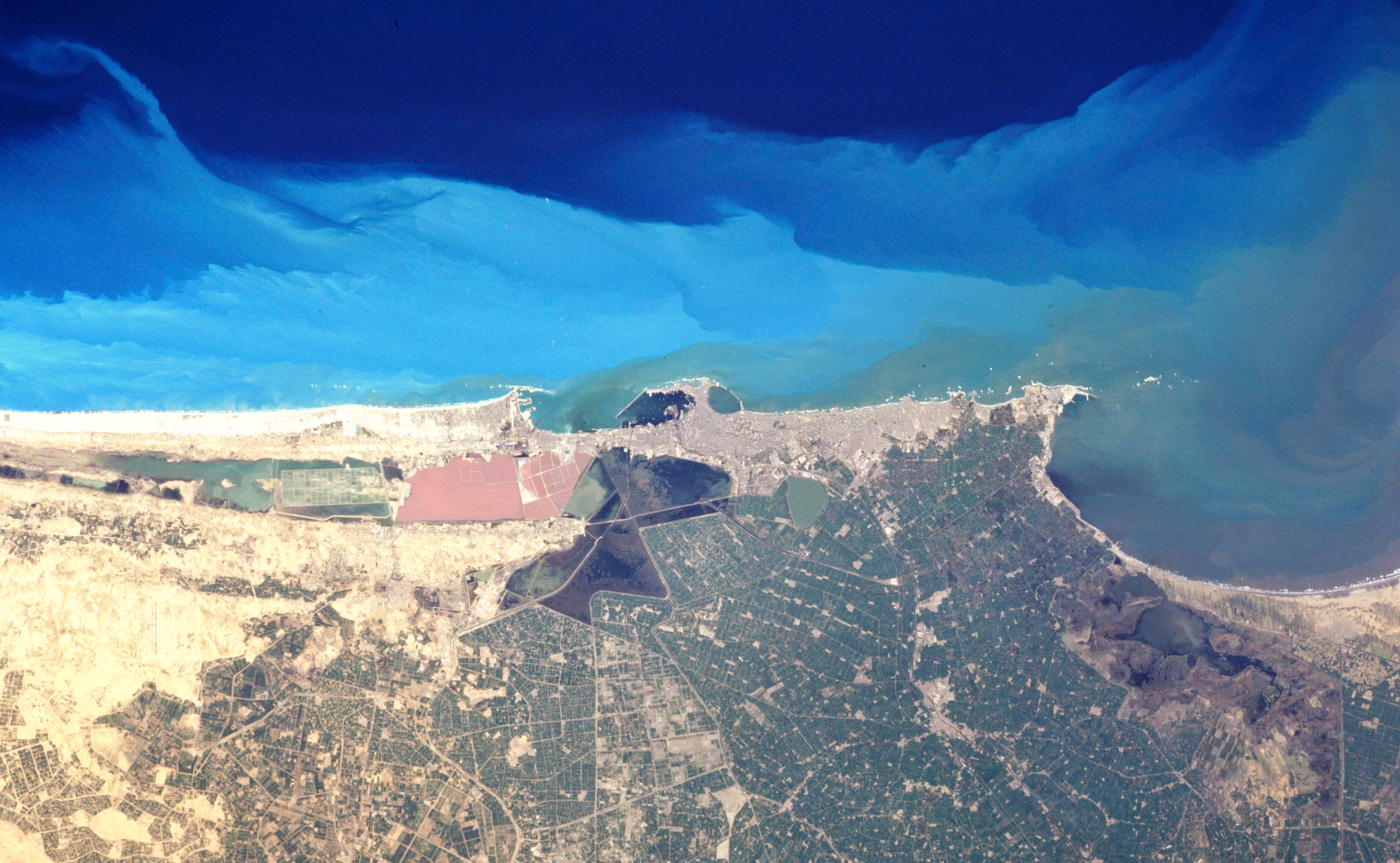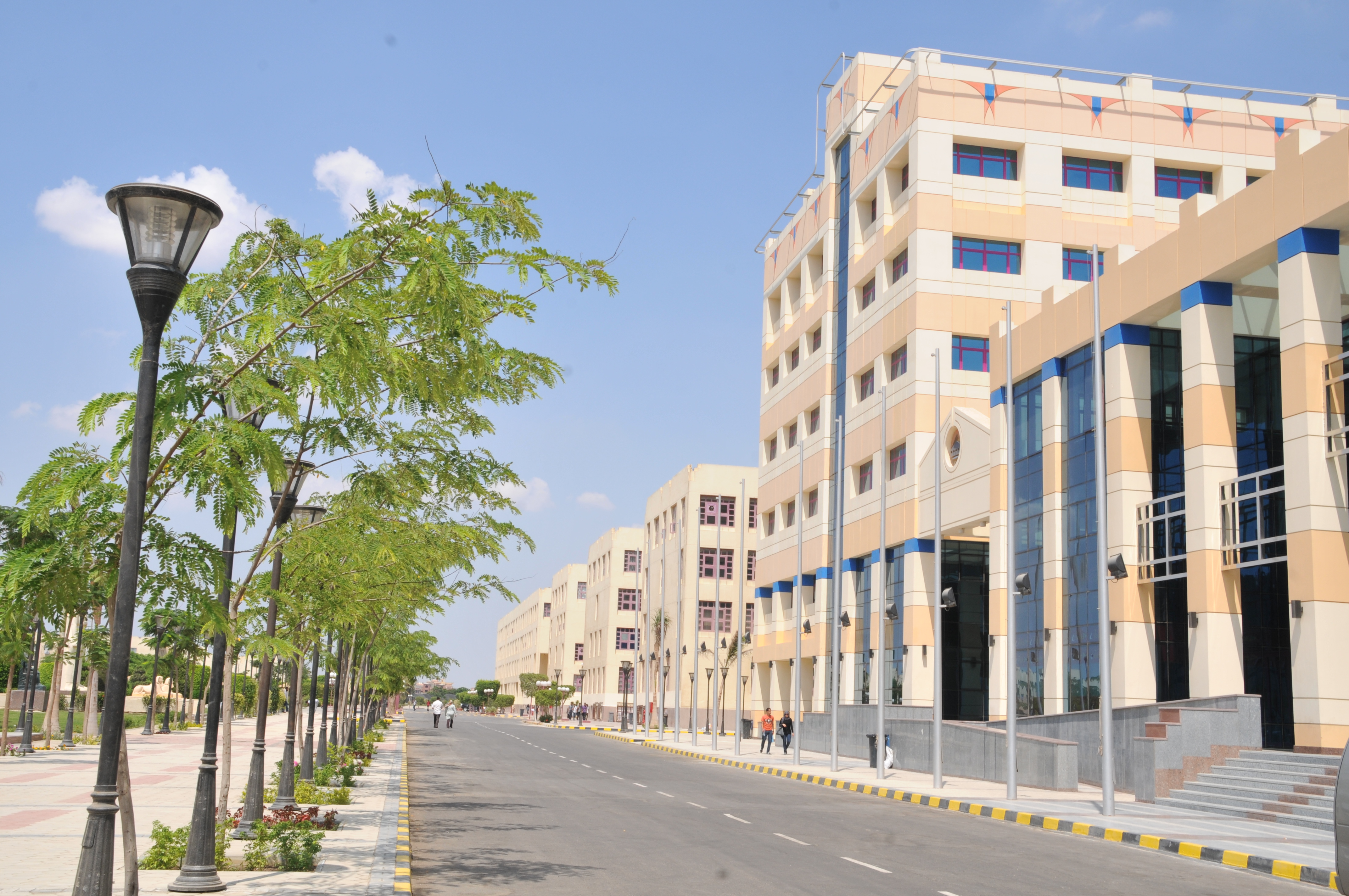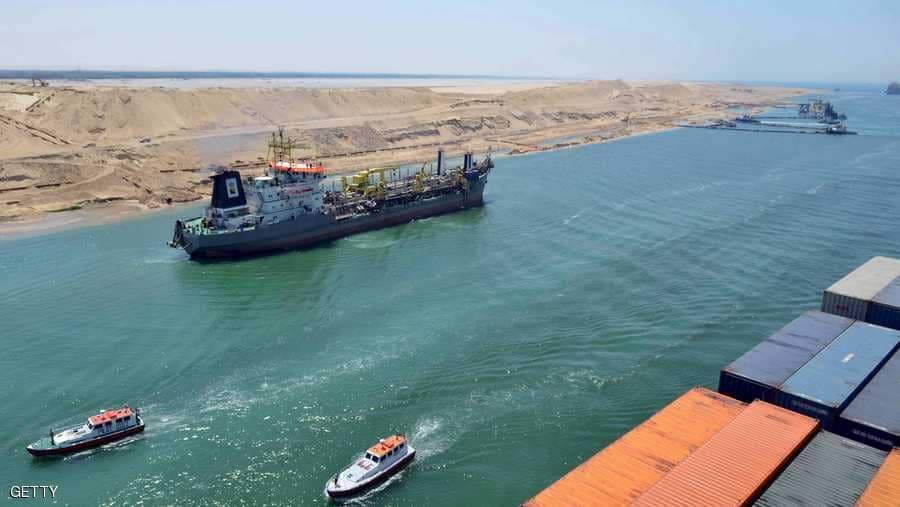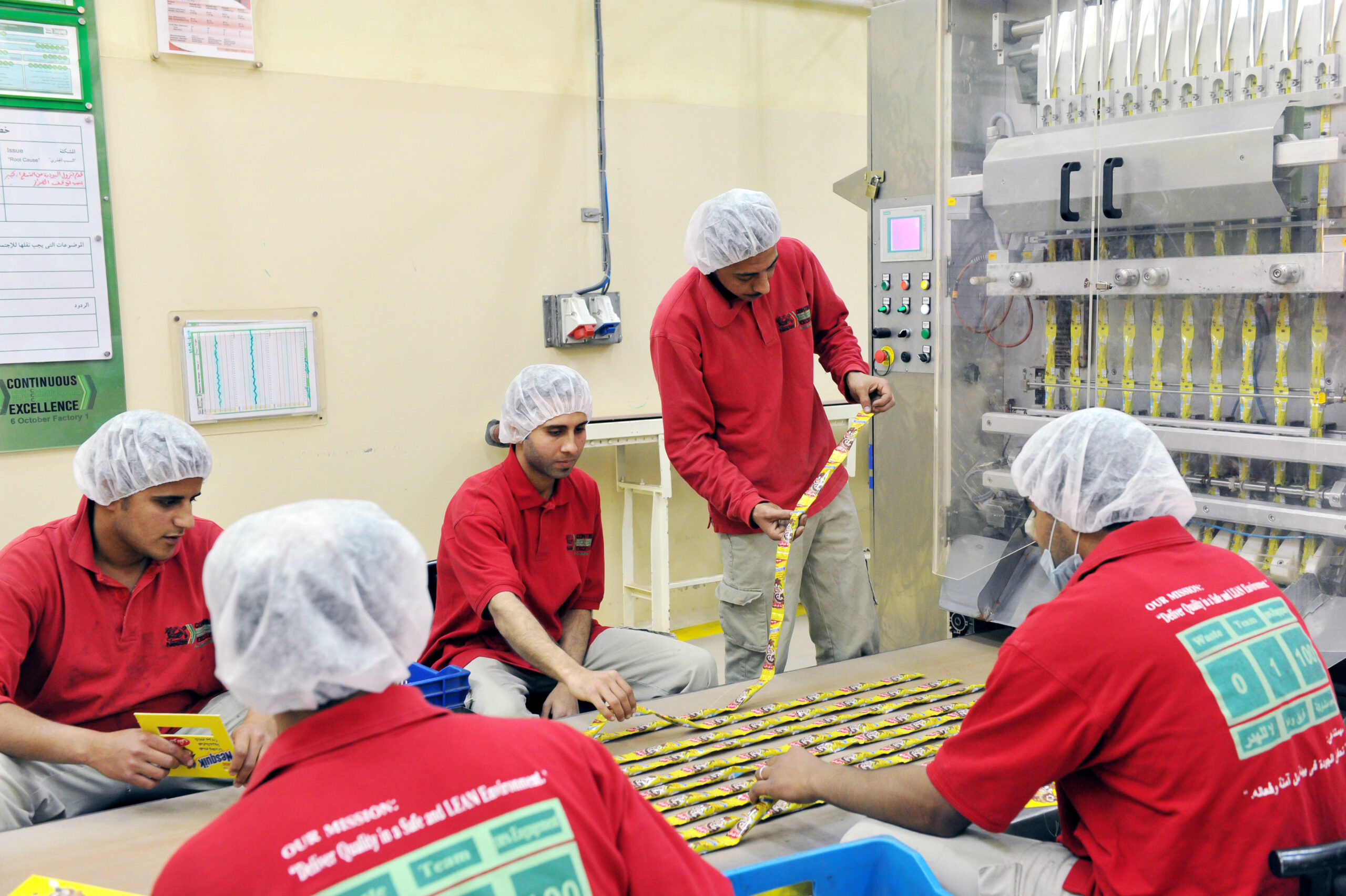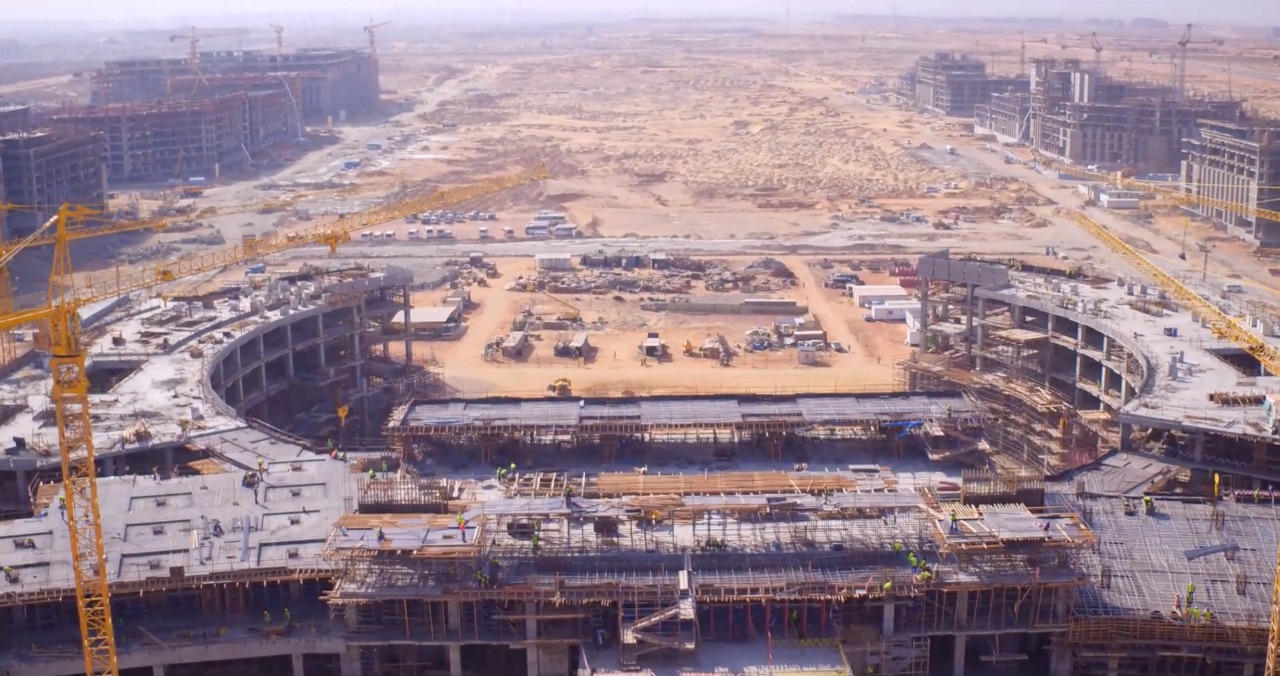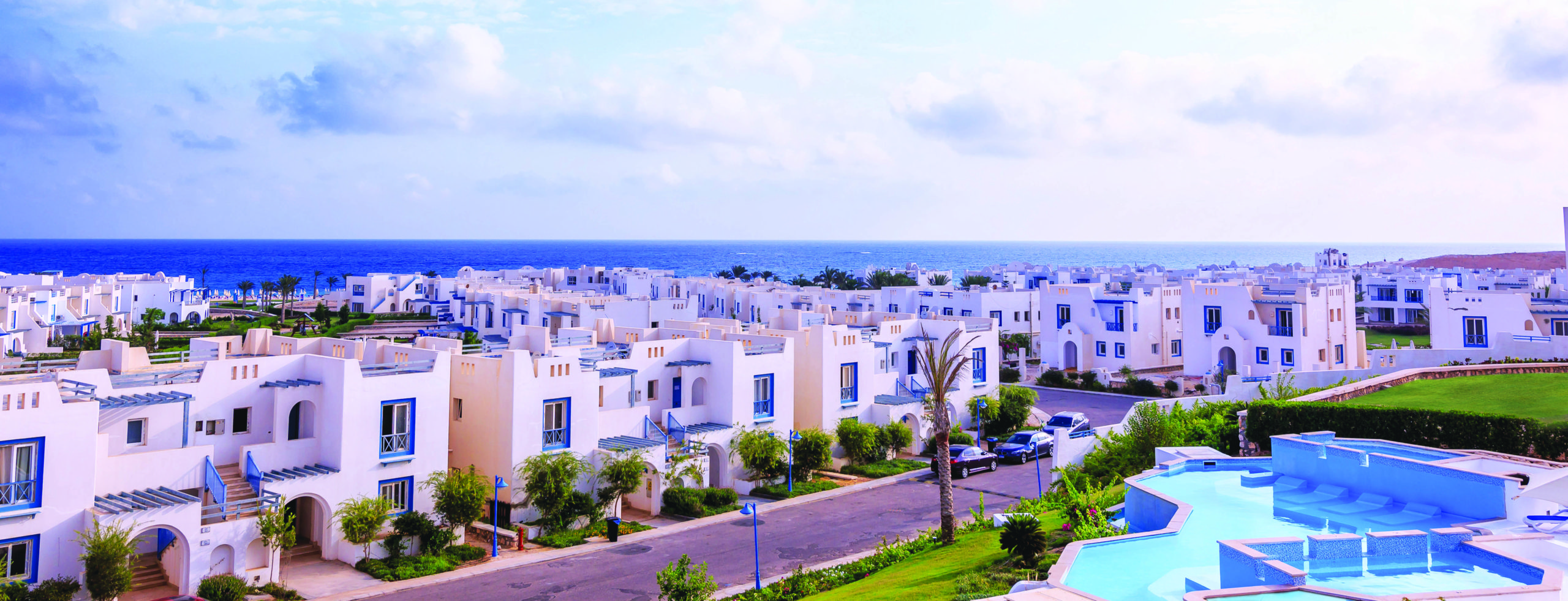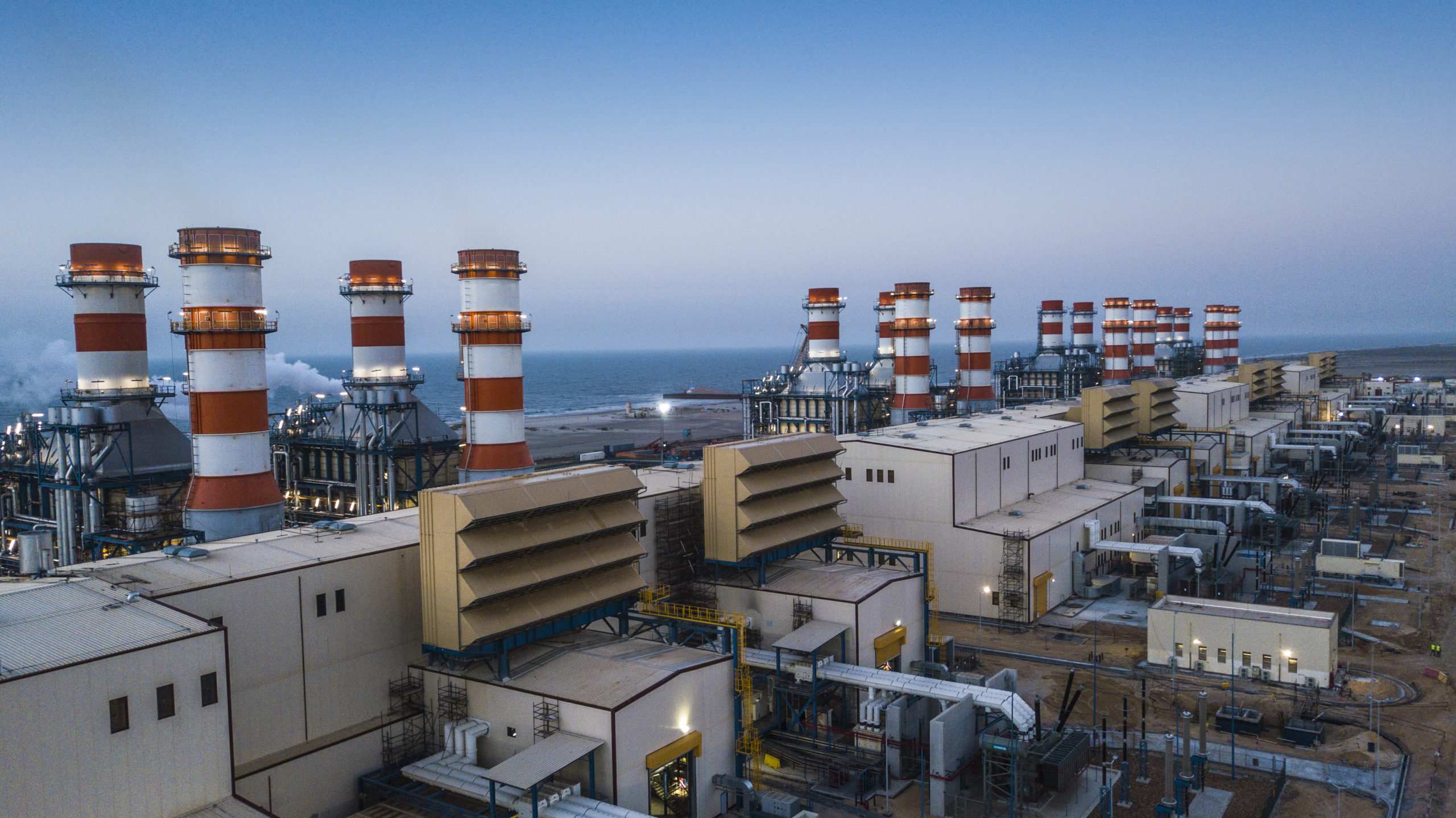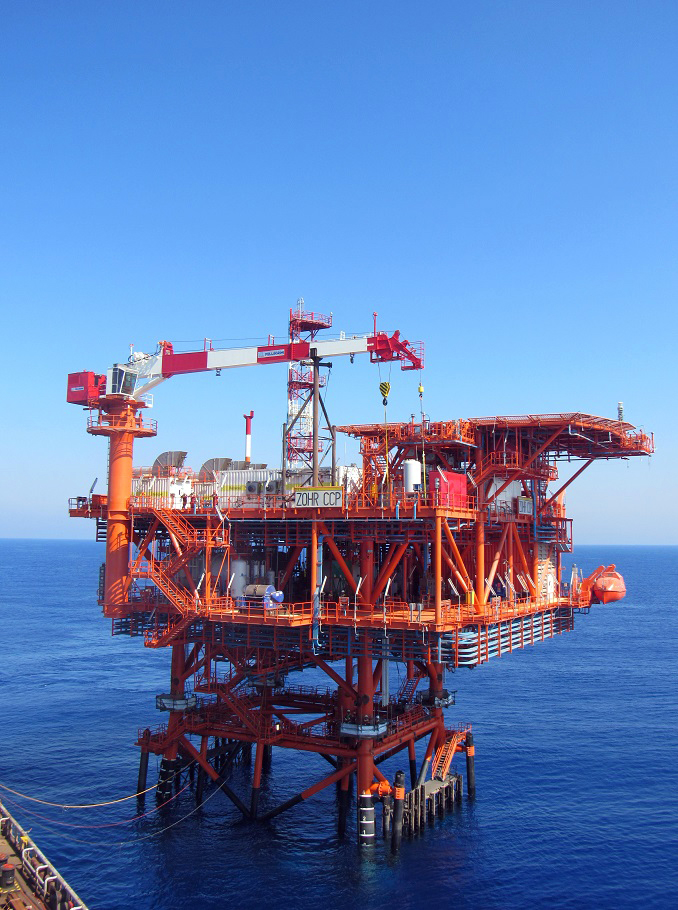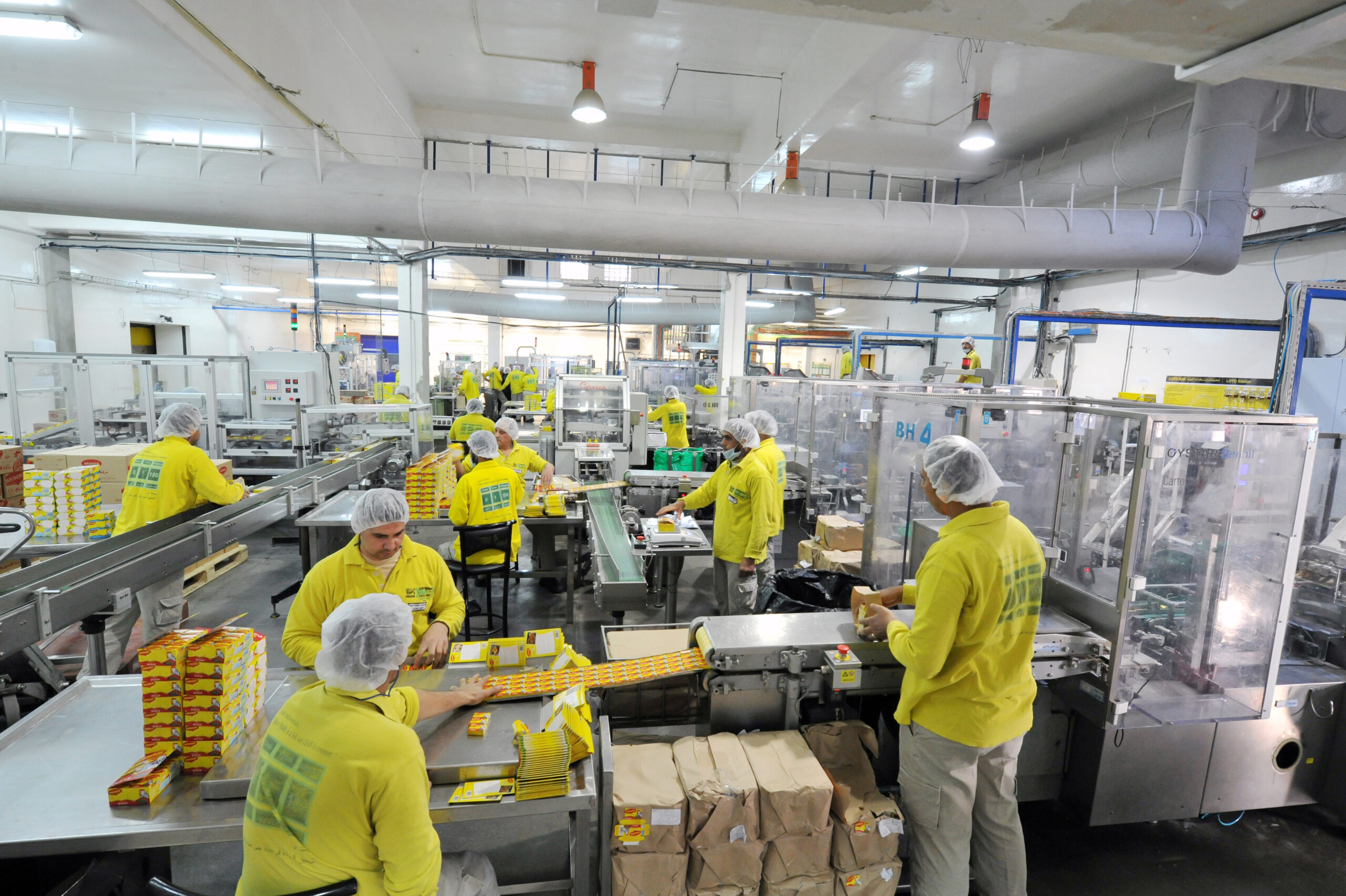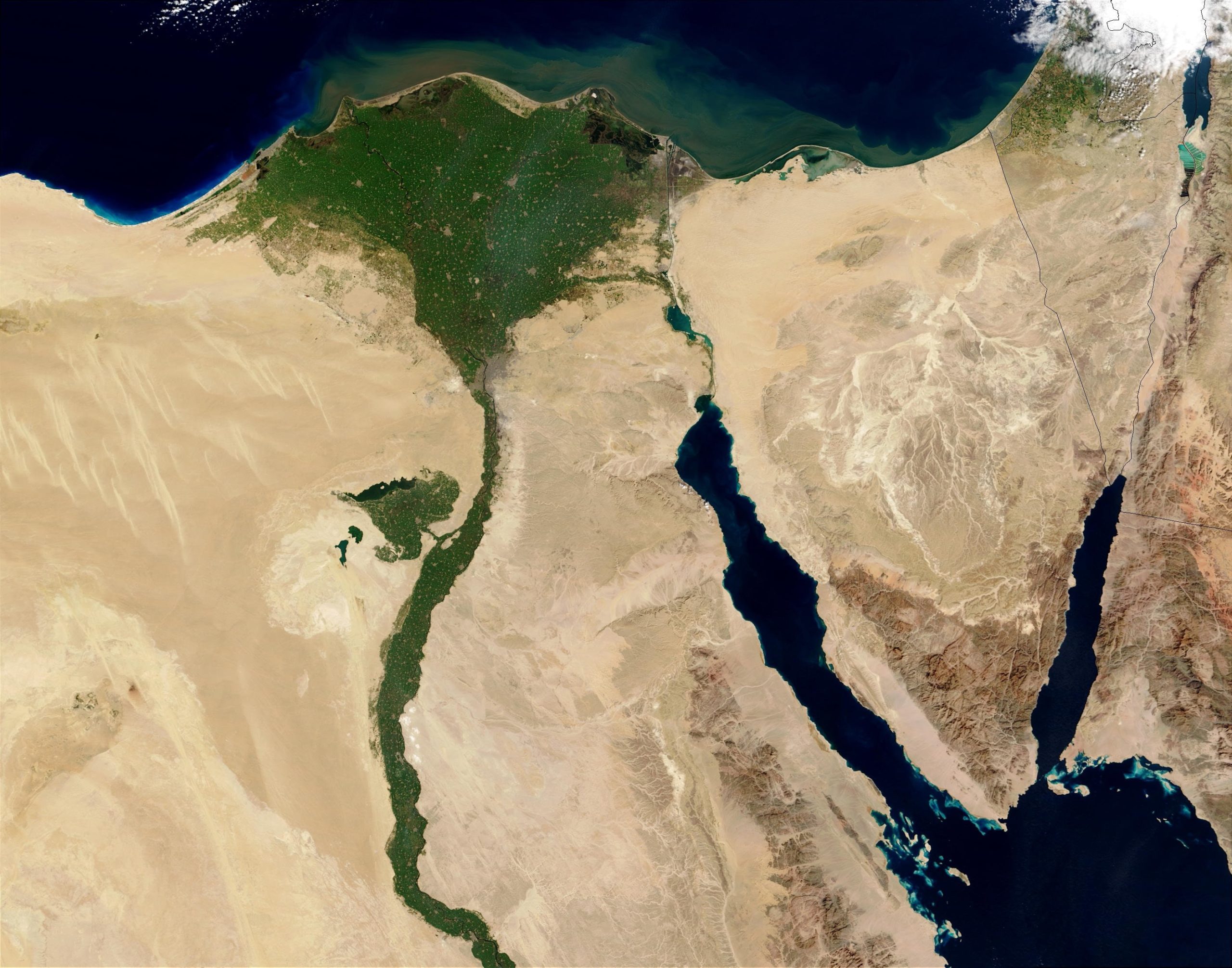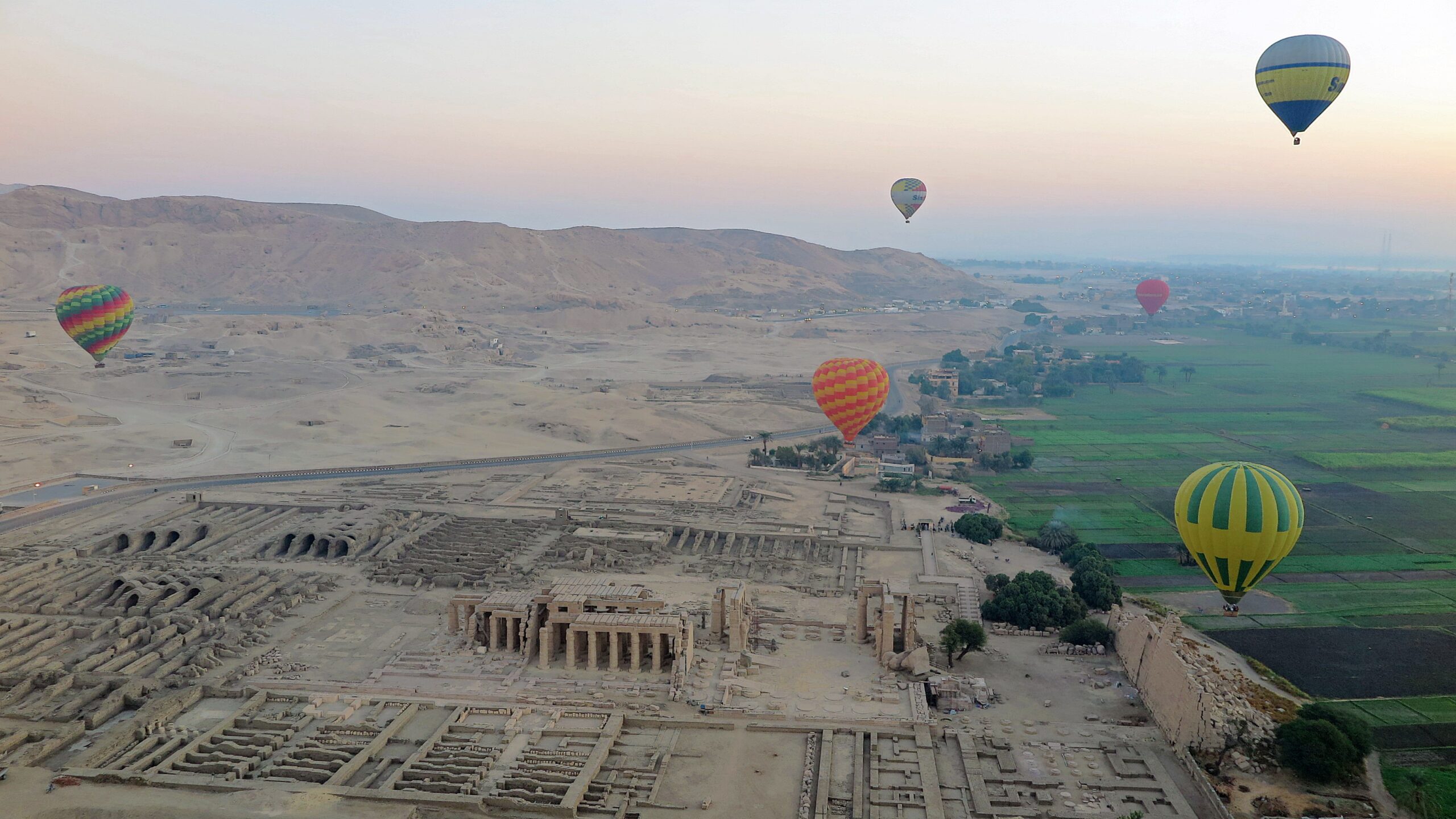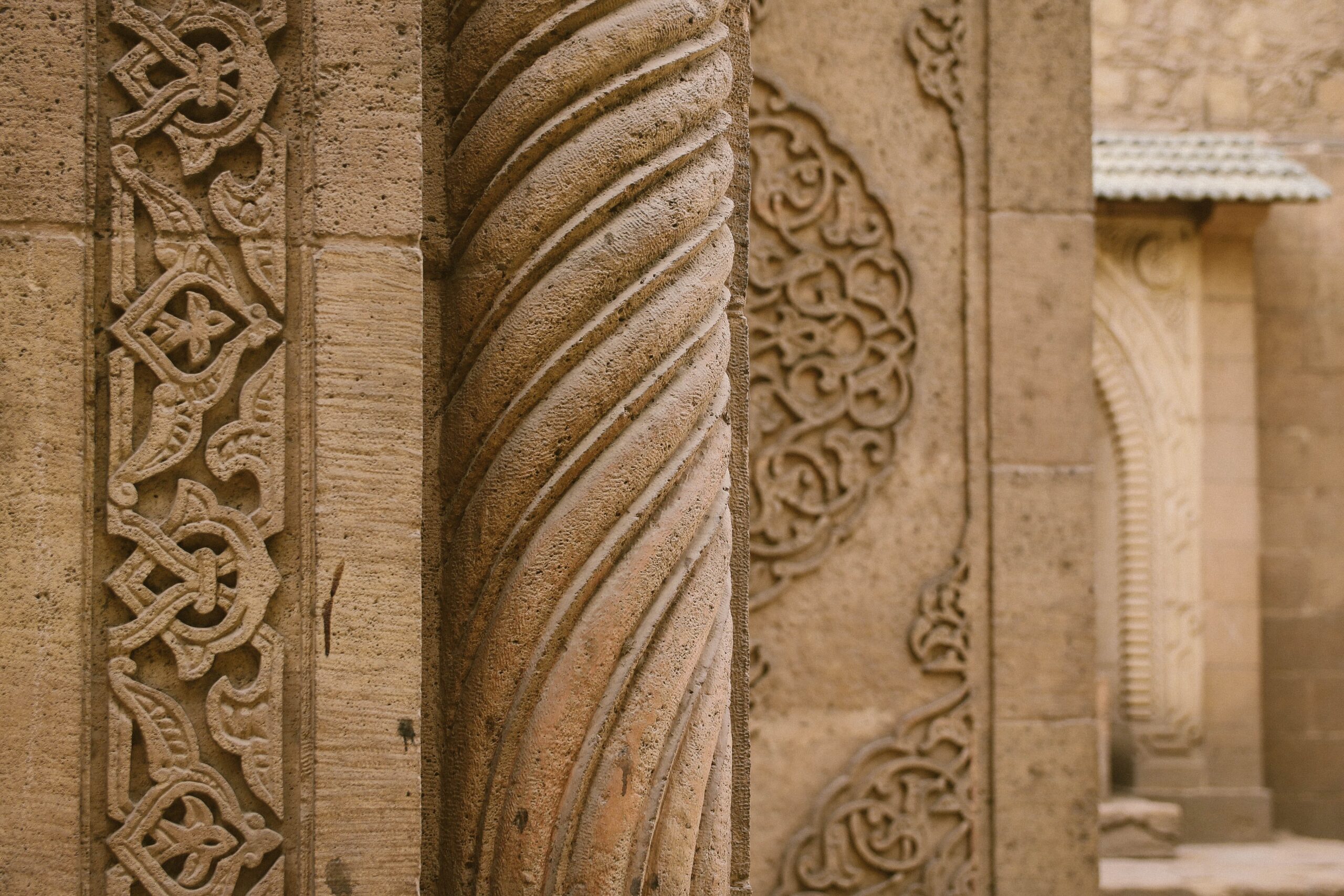The Canton of Neuchâtel develops revolutionary microtechnology, microelectronics, photovoltaic and system engineering technologies
Nestled within the Greater Geneva Berne Area lies the Canton Neuchâtel, a canton which makes up 2% of the Swiss population, yet generates 20% of Switzerland’s commercial surplus. Per capita it has grown to become the second-biggest exporter and the second-largest holder of patent applications in Switzerland.
Neuchâtel’s success lies in its extreme dedication and expertise in the microtechnology segment. Neuchâtel is renowned as a hub for companies to develop and manufacture products that require intricate, small and complex details with high reliability and exceptional added value.
When stakes are high and time to market is crucial, cost becomes a secondary objective. The ecosystem in Neuchâtel has specialized in bringing complex ideas to market by streamlining the process of research and production for a wide variety of global stakeholders.
An innovative ecosystem extends through academia, from highly specialized research and development institutes to surprisingly innovative local high school labs.
Centers of excellence are thriving within Neuchâtel. EPFL’s Microengineering Institute (IMT), part of the Swiss Federal Institute of Technology Lausanne, is located in Neuchâtel to be closer to the industrial high-tech microelectronics cluster which is quickly advancing the future potential of these technologies.
The Swiss Center for Electronics and Microtechnology (CSEM) is also headquartered in Neuchâtel, and remains one of the best in the world for advancing nanotechnology, microelectronics, photovoltaic, and system engineering technologies.
According to Mr. Jean-Nathanaël Karakash, Head of the Department of Economy and Social Action of the Canton of Neuchâtel, “The area is filled with cutting edge SME’s that complement the ecosystem. In addition, a close relationship between companies and the research institutes ensures these solutions are streamlined into real-life applications within companies at a staggering pace.”

What differentiates Neuchâtel from other areas in Switzerland?
Companies should remember we are the fastest in the world when it comes to ensuring time to market limitations are met. Therefore, many global products contain components designed and manufactured in Neuchâtel. A variety of crucial space technologies and components are developed within our ecosystem such as the atomic clocks of Galileo, or the most efficient photovoltaic cells in the world. In addition, we have rich watchmaking history, and you cannot find a luxury watch in the world that doesn’t have a bit of Neuchâtel inside.
What services do you offer?
The government of the Canton of Neuchâtel is small, but extremely experienced and efficient. We have engineers that understand even the smallest technical complexities companies within this ecosystem go through. We collaborate to ensure educational programs meet their required skill sets. In addition, the importance of social connections cannot be underestimated. It is not always easy to find the right partners at the right time, and we work tirelessly to connect our stakeholders with the solutions they need.
What is the quality of life in Neuchâtel?
Neuchâtel provides ideal living and working conditions. We warmly welcome foreigners, and historically have excelled on intercultural integration. We are proud of being open to the world and have allowed foreigners to vote within our canton since 1849.
What is Neuchâtel’s tourism offering?
The medieval core of Neuchâtel dates back to the 12th century, with a castle and Gothic style Collegiate church next to the largest lake entirely Swiss. Our guests should also experience the Grand Canyon of “Creux du Van,” the Palace of the Fine Arts, The Watchmaking Museum, and The Laténium, which is the largest archaeological museum in Switzerland. Visitors must also visit “La Chaux-de-Fonds” and “Le Locle., two sites registered on the UNESCO list of World Heritage Sites. ”




